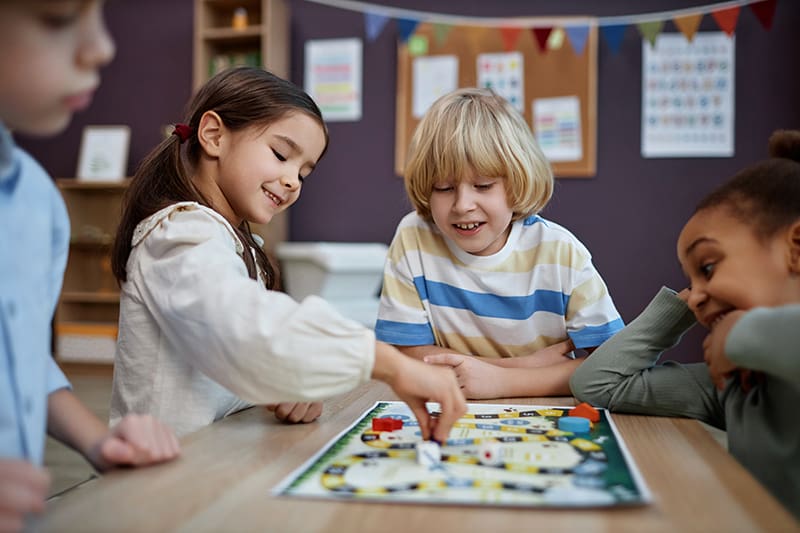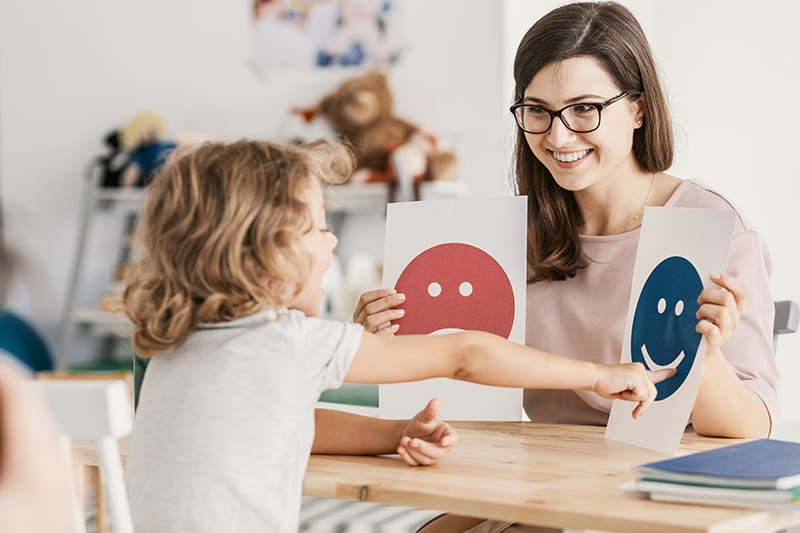Social Skills
Understanding Social Skills: Essential Tools for Positive Interactions

The Importance of Social Skills in Child Development
Social skills are vital for a child’s overall growth and well-being, serving as the foundation for successful interactions throughout life. They play a significant role in:
- Building Lasting Relationships: Effective social skills enable children to forge and maintain friendships, fostering positive interactions with peers, family members, and teachers.
- Clear and Respectful Communication: Strong social skills empower children to articulate their thoughts, needs, and emotions in both verbal and nonverbal ways, enhancing their ability to connect with others.
- Navigating Social Environments: Mastering social cues, turn-taking, and cooperation allows children to thrive in group activities and various social settings, promoting teamwork and collaboration.
- Emotional Regulation: Developing social skills aids children in managing their emotions, resolving conflicts, and responding empathetically to the feelings of others, which is crucial for healthy relationships.
By prioritizing the development of social skills, we can help children build a solid foundation for meaningful interactions and a successful future.

Recognizing Signs of Social Skills Challenges in Children
If a child is facing difficulties with social skills, several key signs may indicate the need for support. These can include:
- Struggles with Conversations: Difficulty initiating or maintaining discussions with peers, which can hinder social engagement.
- Challenges with Social Cues: Trouble understanding or interpreting body language and facial expressions, making interactions less effective.
- Cooperation Issues: Difficulty sharing, taking turns, or collaborating during group activities, impacting teamwork and friendships.
- Withdrawal from Social Situations: A tendency to avoid social gatherings or exhibit anxiety in social settings, which may limit opportunities for connection.
- Emotional Regulation Difficulties: Challenges managing emotions during interactions, often resulting in frustration or outbursts.
Recognizing these signs early can be crucial in providing the support children need to enhance their social skills and thrive in various environments.

Building Confidence and Connections: How Chicago Occupational Therapy Enhances Social Skills
At Chicago Occupational Therapy, we are dedicated to helping children develop the social skills essential for positive interactions and confident navigation of social situations. Our engaging and supportive therapy sessions utilize evidence-based strategies to foster these vital skills. Our approach may include:
- Role-Playing and Social Stories: Interactive exercises that allow children to practice and understand various social scenarios, helping them respond appropriately in real-life situations.
- Group Therapy Sessions: Safe opportunities for children to engage in social interactions with peers, guided by a therapist to reinforce skills and build confidence.
- Emotional Regulation Strategies: Effective techniques that assist children in managing their emotions during social interactions, enhancing their ability to respond thoughtfully.
Our mission is to equip children with the social skills they need to build meaningful relationships, communicate effectively, and thrive in group activities. By prioritizing social skills development, we empower children to gain the confidence necessary for success in all areas of life.

Help Your Child Build Meaningful Connections with Strong Social Skills
"*" indicates required fields















